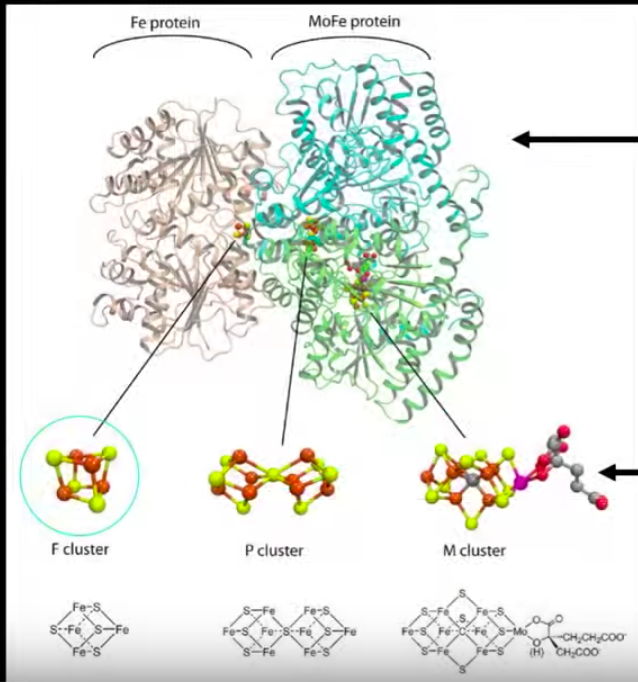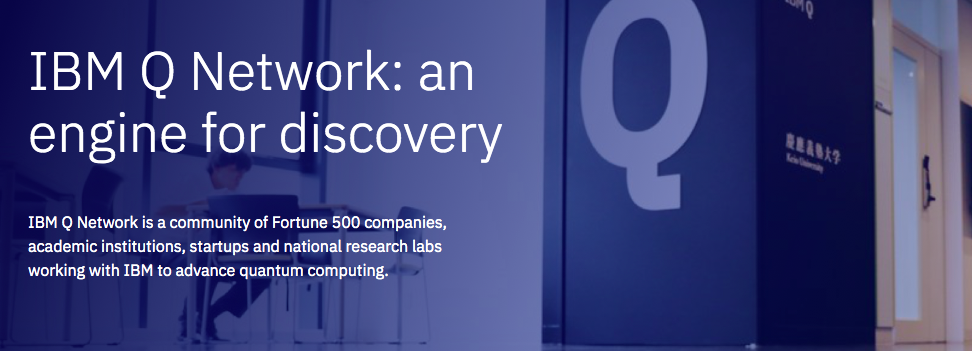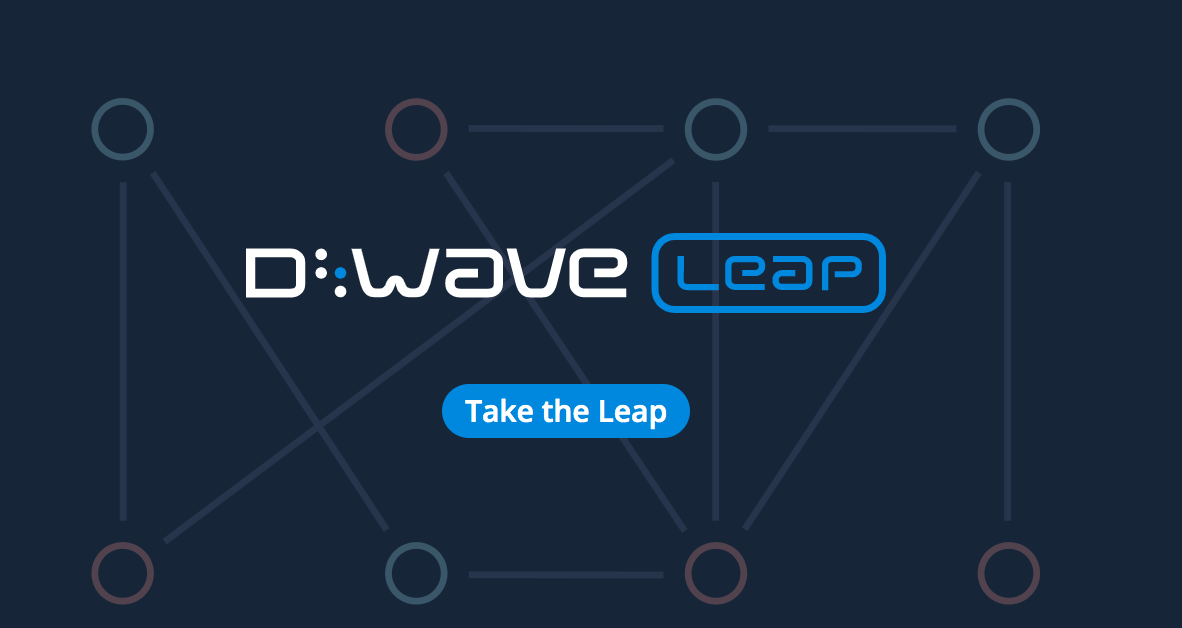Quantum Supremacy A Myth or a Solvable Challenge today?
What will we be talking today?
- Classical Computers: What they cannot do?
- What are QCs? Why are they disrupting our current views on computation?
- Quantum Supremacy and what it beholds
- Types of QCs: Who are the big players?
- Qubits and their properties
- Why do QCs have different rules to play by?
- Quantum Algorithms
- What in store for Python Developers and Researchers?
-
Did Google really achieve Quantum Supremacy?
-
Why is this a big leap for us?
- Demo: Factorisation of a number

Classical Computers: What they cannot do?
- Optimization problems
- Chemical Compound Representation/Simulation
- Exponential Scaling
- Security Encryptions
- Credit- Dr Talia Gershon- Awesome researcher at IBM


Optimization Problems
- Best solution to a problem among many possible solutions

- 8 people around this table
- Number of possibilities becomes 8!
- 40,320
- As soon as you add one more person
- It increases exponentially
Chemical Compound simulations
- This is the nitrogenase enzyme, which is actually used for creating ammonia
- Ammonia, as we know, is being used as fertilizers and even used as a catalyst in our body
- Three Iron sulfides of different sizes, and we can only simulate this size on the biggest supercomputer

Exponential Scaling
- All of these problems have in common is the exponential scaling
- This is a major hurdle with our classical computers and supercomputers too

What are QCs? Why are they disrupting our current views on computation?
- Quantum physics has defied logic since the atom was first studied in the early 20th century. It turns out atoms do not follow the traditional rules of physics. Quantum particles can move forward or backward in time, exist in two places at once and even “teleport.” It’s these strange behaviors that quantum computers aim to use to their advantage.

- Breaking one of the fundamental rules of classical computer-Church Turing Thesis
Church-Turing Thesis
- Accepted rule: It states that if a problem can be solved by a Turing machine, it can also be solved by a computational device. That computational device could be a laptop, smartphone, supercomputer or even a quantum computer; a problem that could be solved by one such device should be solvable on all of them.
- Extension on the Thesis: It states that a Turing machine (like a classical computer) can always efficiently simulate any computational model, even to simulate an inherently quantum computation.
- But were they wrong?

Quantum Supremacy and what it beholds
- Define: Quantum computers could efficiently solve a computation that a classical computer can only solve inefficiently, is known as Quantum Supremacy

- Promises to go beyond our powerful supercomputers, in terms of computation- henceforth, defies the CT thesis
- Google Quantum Supremacy- What did they do?-News article with technical terms
- Later-after qubit-Theoretically, if you reach a certain number of efficient qubits, usually said to 56, you can thereby simulate problems that a Classical computers nowhere can
Types of QCs: Who are the big players?
- Before dreaming of the bigger picture let us look into the fundamentals of a QC and types of QC available
- Universal Quantum Computer: IBM
- Quantum Annealers: Dwave
- SuperConducting Bits: Google Quantum: Electrical quantum circuits



IBM-Q
- Universal gate quantum computers:
- Universal gate quantum computing is much broader.
- A universal gate quantum computing system relies on building reliable qubits where basic quantum circuit operations, similar to the classical operations we all know, can be put together to create any sequence, running increasingly complex algorithms.
- Recently released a 53 qubit machine
- Do not release papers- problem among the research communities. How are they tackling errors? How is their systems working underneath?

Google Quantum
- Superconducting Bits
- Electrical Circuits to generate qubits
- Bristlecone: The 72-qubit QC by Google
- Compared to IBM, they actively release blogs and had a chance to meet one of them

Dwave computers
- They are under the class of quantum annealers, which are a different kind of QC-Adiabatic QCs
- They believe that they can solve optimization problems at its best- by treating it as an energy minimization problem

- Hence they believe that any given point a qubit/qubo tries to reach the minimum energy state, it can, therefore, be used to solving probability sampling and optimization problems like travelling salesman
- They give you QC for free, one min every month
Qubits and their properties
- Define: Qubits or quantum bits are the fundamental building block for quantum information processes. Whereas conventional computers store and process data as a series of '1's and '0's, quantum computers use the properties of a quantum system, such as the polarization of a photon or the spin of an electron.- example of a coin

- Property of Superposition
- Property of Entaglement
- Quantum Supremacy slide
Property of Superposition
- At any given time, the qubit can be in a superposition of both 0&1
- So if think about it mathematically, one qubit is in a superposition of 2 states, 2 qubits can be in 4, 3 in 8 and so on
- Hence you are expanding your information space and this becomes more complex

Property of Entaglement
- Quantum State of each particle cannot be described independently of the state of the others, even when the particles are separated by a large distance.
- So you can judge an adjacent's qubit's property by this qubit
- So if you were to take the optimization problem, you would probably take the superposition of the qubits, and then apply a phase. This way you end up amplifying some answers and cancelling some others

Why do QCs have different rules to play by?
- Limitations of QCs: Suprise Quantum Computers aren't perfect.
- Quantum Error Correction
- Qubit DeCoherence


Quantum DeCoherence
-
Importance of Quantum Noise
-
meaning its ability to maintain the superposition state — can fall apart due to the noise coming from the environment around the qubit. Noise can arise from control electronics, heat, or impurities in the qubit material itself, and can also cause serious computing errors that may be difficult to correct.


- It can be compared to a murmuring from a crowd and you do not know where it is coming from
- Active area of Research-treat it as a Guassian nature
Quantum Error Correction-Mo Qubits, Mo Errors
- Loosing out information to the environment, if not measured correctly,-comparison to coke cans being spilled if carried after opening
- Number of Qubits/Error
- Comparison of Dwave and Google Quantum Research


Quantum Error Correction
- Basically our aim is to reduce a flip in the state of the qubit caused by noise
- Using quantum gates: consider the three-qubit code: It uses three “physical” qubits. The |0⟩ state of the logical qubit corresponds to all three physical qubits being in their |0⟩ states, and the |1⟩ state corresponds to all three being |1⟩’s. The system is in a “superposition” of these states, designated |000⟩ + |111⟩. But say one of the qubits bit-flips. How do we detect and correct the error without directly measuring any of the qubits?
- Applying parity: The qubits can be fed through two gates in a quantum circuit. One gate checks the “parity” of the first and second physical qubit — whether they’re the same or different — and the other gate checks the parity of the first and third. When there’s no error (meaning the qubits are in the state |000⟩ + |111⟩), the parity-measuring gates determine that both the first and second and the first and third qubits are always the same. However, if the first qubit accidentally bit-flips, producing the state |100⟩ + |011⟩, the gates detect a difference in both of the pairs.

Quantum Algorithms
- Grover's Algorithm:n a classical computer if you have had an unordered database with N items it will take an average of N/2 comparisons. Before you find a specific item in the database. Using Grover’s algorithm on a quantum computer it would take the square root of N operations to find that item. So a database with 1 million items in it could be searched with 500,000 operations on a classical computer and only 1,000 operations on a quantum computer for a factor of 500 speed-up.


Quantum Algorithms
- Shor's Algorithm: Shor's Algorithm is used in RSA, which is used in such a cryptosystem, the encryption key is public and it is different from the decryption key which is kept secret (private). In RSA, this asymmetry is based on the practical difficulty of the factorization of the product of two large prime numbers, the "factoring problem".

- Quantum computers in the security space: Quantum computers will change the landscape of data security. Even though quantum computers would be able to crack many of today’s encryption techniques, predictions are that they would create hack-proof replacements

What in store for Python Developers and Researchers?
- Machine Learning-Optimization problems- Give way for Quantum ML
- Are they here to steal our jobs? The intent of quantum computers is to be a different tool to solve different problems, not to replace classical computers. Look beyond our classical computers and their computations


Google and Quantum Supremacy?
- In 2017 Google stated publicy that it would produce a viable quantum computer in the next 5 years and added that they would reach “quantum supremacy” with a 50-qubit quantum computer. The top supercomputers can still manage everything a five- to 20-qubit quantum computer can, but will be surpassed by a machine with 50 qubits and will attain supremacy at that point
- Two years later, they did produce a 72 qubit machine, however, still has noise,
-
Google's quantum computer tackled a task called a random circuit sampling problem. In such a problem, after a series of calculations each qubit outputs a 1 or 0. The aim is to calculate the probability of each possible outcome occurring.Was able to find the answer in just a 3 minutes – a task it estimates would take 10,000 years on the most powerful supercomputer.
So why is that a big leap for us?
- Classical Computers have been around for more than 70 years
- Trillion of dollars in research and development
- Quantum Computers have been around for 20 years
- Billions of dollars
- The idea that it could beat a classical computer on one narrow thing, is a huge thing



Demo: Factoring of a number

Copy of deck
By archana iyer
Copy of deck
- 785



